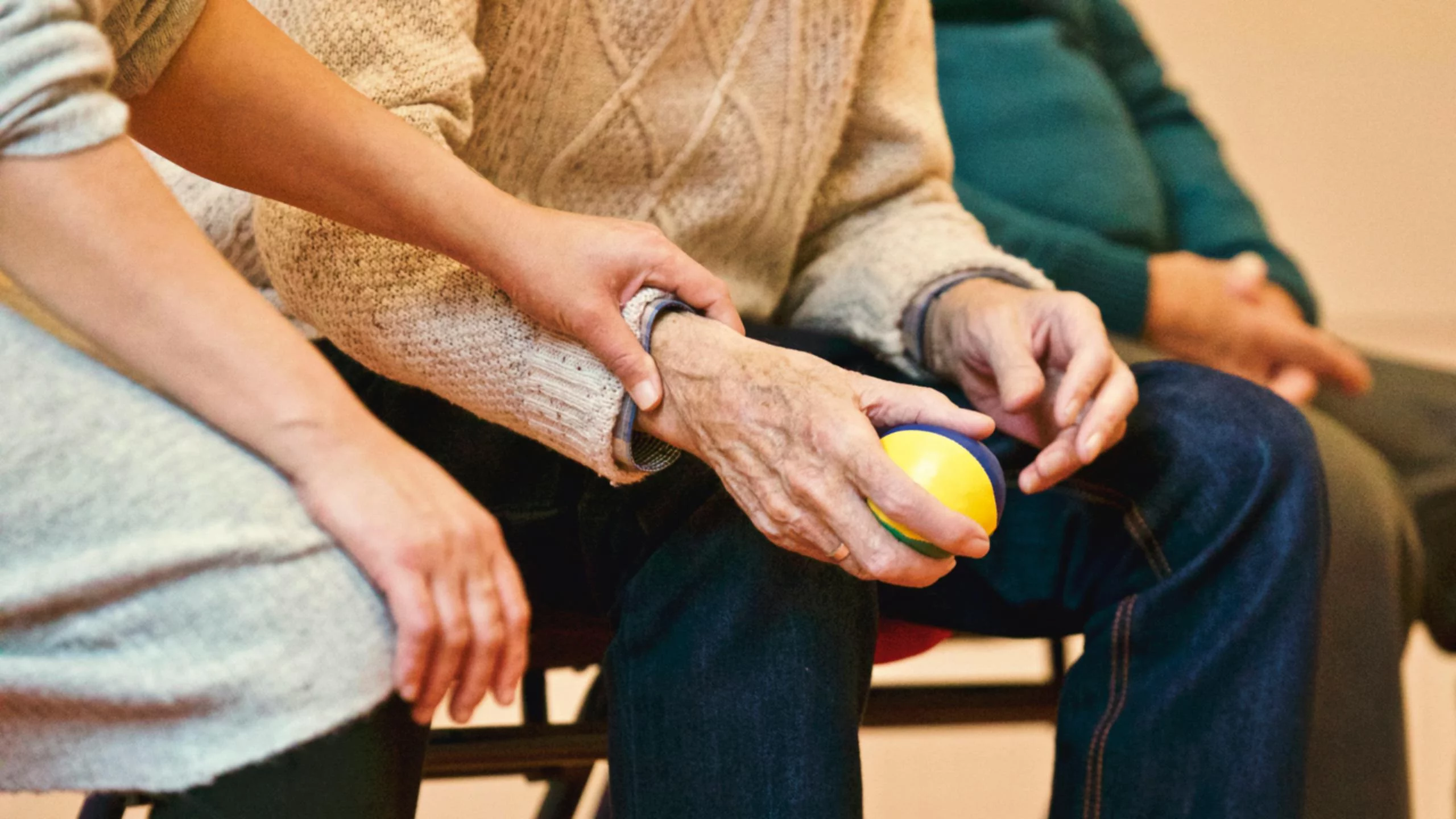What is a Hospice Nurse?
A hospice nurse, also known as a palliative care nurse, is a registered nurse (RN) with specialized training in providing compassionate end-of-life care to patients with terminal illnesses. Hospice nurses work collaboratively with interdisciplinary teams to address patients’ physical, emotional, and spiritual needs, focusing on comfort, dignity, and quality of life during the end-of-life journey.
Hospice Nurse Job Description
We are currently seeking compassionate and dedicated hospice nurses to join our team. As essential members of our healthcare staff, successful candidates will play a pivotal role in providing specialized care and support to patients and their families during end-of-life care transitions.
As a hospice nurse, you will assess patients’ physical and emotional status, develop individualized care plans, manage pain and symptom control, and provide education and support to patients, families, and caregivers. Your expertise and empathy will ensure that patients receive compassionate and dignified care during their final days.
The ideal candidates will possess strong clinical skills, excellent communication abilities, and a commitment to holistic, patient-centered care.
What Does a Hospice Nurse Do?
- Conduct comprehensive assessments of patients’ physical, emotional, and spiritual needs, collaborating with interdisciplinary teams to develop individualized care plans.
- Provide skilled nursing care, including pain and symptom management, wound care, medication administration, and end-of-life comfort measures, to patients in home, hospice facility, or long-term care settings.
- Monitor patients’ condition and response to treatment, making adjustments to care plans as needed to ensure optimal comfort, dignity, and quality of life during end-of-life care.
- Facilitate communication and coordination among patients, families, caregivers, and healthcare providers to promote understanding, support, and shared decision-making throughout the hospice care journey.
- Offer emotional support, counseling, and guidance to patients and families facing end-of-life issues, grief, loss, and bereavement, fostering a compassionate and supportive care environment.
- Provide education and training to patients, families, and caregivers on symptom management, pain control, medication administration, advance directives, and other aspects of hospice and palliative care.
- Document patient assessments, care interventions, and outcomes accurately and thoroughly in electronic medical records (EMRs) and communicate with interdisciplinary teams to ensure continuity and quality of care.
How Much Do Hospice Nurses Make?
The average salary for a hospice nurse is $83,441 per year in the United States. .
Skill Requirements
- Clinical Expertise: Hospice nurses must possess advanced clinical knowledge and skills in symptom management, pain control, end-of-life care, and palliative care principles to ensure comfort, dignity, and quality of life for patients and families.
- Communication Skills: Effective communication skills are essential for hospice nurses to interact with patients, families, caregivers, and interdisciplinary teams, fostering trust, understanding, and collaboration throughout the hospice care journey.
- Empathy and Compassion: Hospice nurses should demonstrate empathy, compassion, and sensitivity when addressing patients’ and families’ physical, emotional, and spiritual needs, providing comfort, reassurance, and support during challenging times.
- Cultural Competence: Hospice nurses must be culturally competent and able to work with diverse populations, respecting patients’ and families’ beliefs, values, and preferences regarding end-of-life care, grief, and bereavement.
- Ethical Practice: Hospice nurses must adhere to ethical principles and standards of practice in providing patient-centered, compassionate care, respecting patients’ autonomy, dignity, and rights throughout the hospice care journey.
- Continuing Education: Hospice nurses are encouraged to engage in ongoing professional development, continuing education, and certification maintenance activities to enhance clinical knowledge, skills, and practice standards in hospice and palliative care.
Example KPIs for a Hospice Nurse
- Patient Comfort and Symptom Management: This KPI measures hospice nurses’ effectiveness in managing patients’ physical symptoms, controlling pain, and promoting comfort and dignity during end-of-life care.
- Family and Caregiver Support: This KPI assesses hospice nurses’ ability to provide emotional support, education, and guidance to patients’ families and caregivers, facilitating understanding, coping, and decision-making throughout the hospice care journey.
- Interdisciplinary Collaboration: This KPI evaluates hospice nurses’ collaboration and communication with interdisciplinary teams, including physicians, social workers, chaplains, and volunteers, to ensure comprehensive, coordinated, and holistic care for patients and families.
- Documentation Accuracy and Timeliness: This KPI measures hospice nurses’ accuracy, thoroughness, and timeliness in documenting patient assessments, care interventions, and outcomes in electronic medical records (EMRs) and communicating with interdisciplinary teams to ensure continuity and quality of care.
- End-of-Life Care Quality: This KPI evaluates the overall quality and effectiveness of hospice nurses’ care interventions, communication, and support provided to patients and families during the end-of-life care journey, promoting comfort, dignity, and peace of mind.
How Can Glider AI Help You with Hiring a Hospice Nurse?
Glider’s recruitment platform is designed to prioritize competency over credentials, enabling organizations to assess candidates’ skills objectively and efficiently. Utilize Glider AI Skill Intelligence™ to streamline the hiring process, identify top-quality nurse anesthetist candidates, and ensure a mobile-first, candidate-friendly experience.
Glider AI’s Unique Features
- Verify Medical Licenses
- Validate Hundreds of Medical, Clinical, and Technical Skills
- Ensure Hiring Compliance
- Conversational Chatbot for Talent Screening
- Powerful candidate analytics
- Streamline Healthcare Hiring with AI and Automation
Go ahead and spotlight your Hospice Nurse with Glider AI today!
Schedule a Demo or contact us at info@glider.ai




